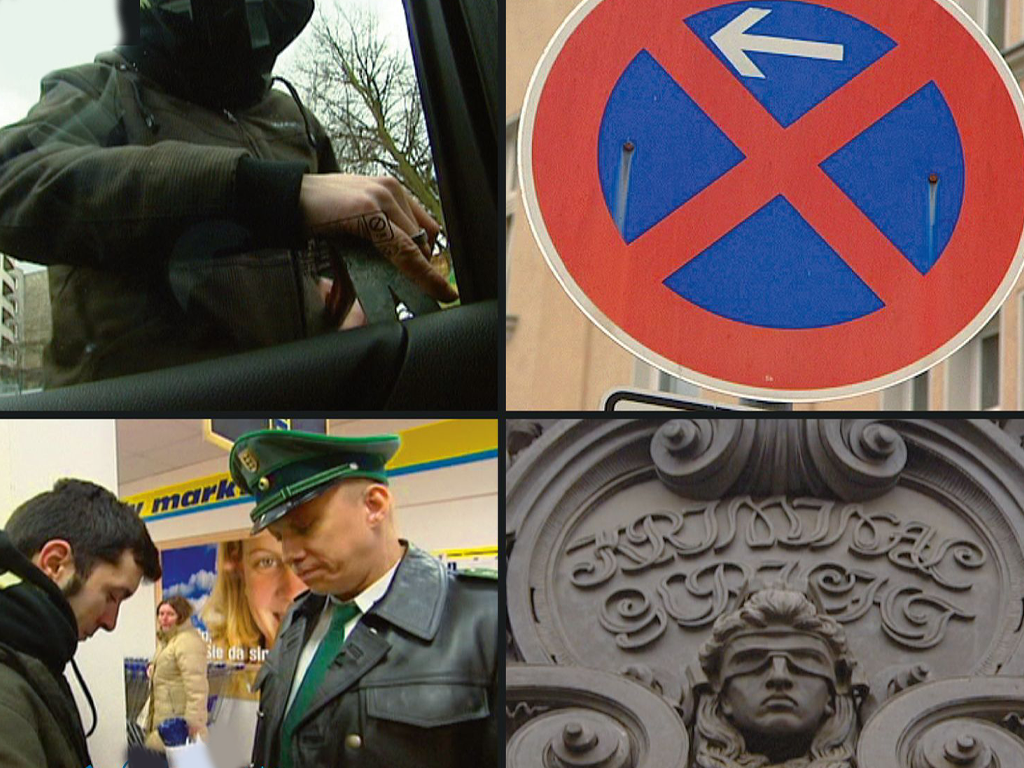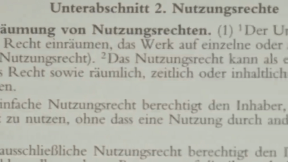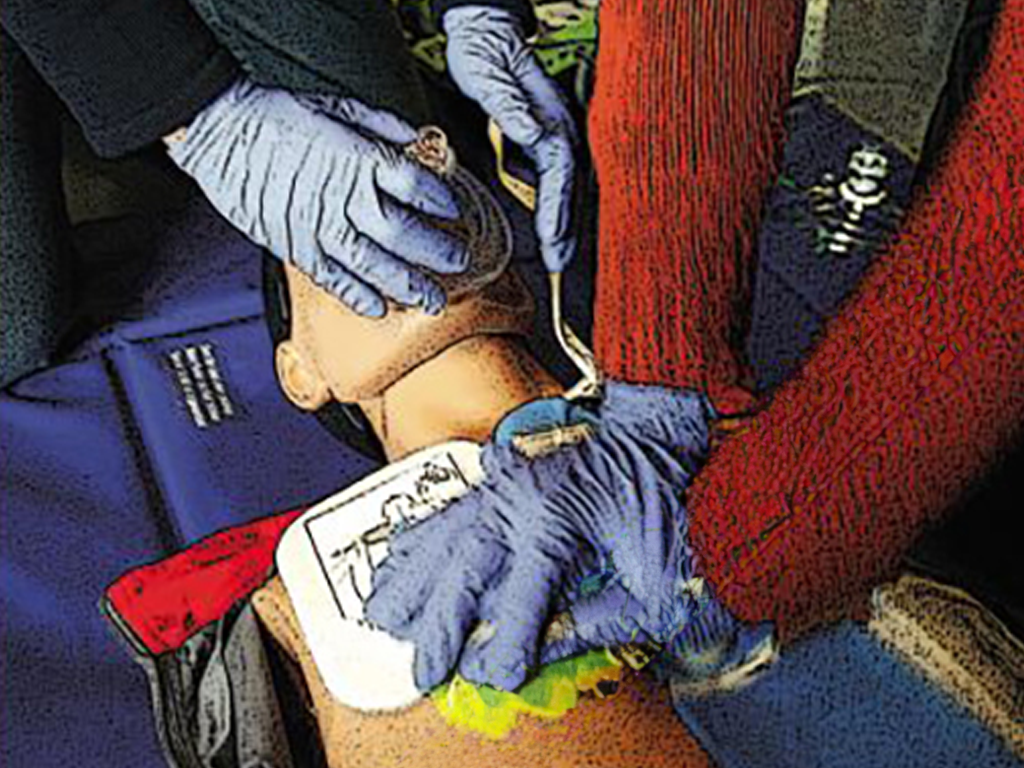 Society
Society

4668256 / 5559747
Recht verstehen
Justitia im Einsatz
Von der Approbationsordnung für Apotheker bis hin zum Zerlegungsgesetz – in Deutschland wird fast alles durch Gesetze und Verordnungen geregelt. Kein Wunder, dass es in der Bundesrepublik über 1.900 Gesetze und mehr als 3.400 Verordnungen gibt. Diese unterteilen sich in 76.382 Artikel und Paragrafen. Wer kann da noch den Überblick behalten? Und sind alle Regelungen wirklich sinnvoll? Das finden Joey Grit Winkler und Fero Andersen für “Schau dich schlau!” heraus und entdecken dabei so manche Kuriosität. Nicht nur die juristische Fachsprache ist für Laien verwirrend, die Inhalte der Gesetze werfen oft Fragen nach ihrem Sinn auf. In der Verfassung von Hessen existiert sogar noch die Todesstrafe. Doch da diese im Grundgesetz abgeschafft wurde, ist das Gesetz glücklicherweise ungültig. “Schau dich schlau!” wirft auch einen Blick auf die populärsten Rechtsirrtümer. Diese passieren nicht nur im großen Stil, sondern begegnen uns tagtäglich beim Einkaufen, Zuhause oder im Büro. Besonders beliebt ist in Kaufhäusern der Hinweise “Reduzierte Ware ist vom Umtausch ausgeschlossen”. Stopp, sagen die Gesetzgeber. Wenn die Ware mangelhaft, darf der Kunde das reklamieren, auch bei Sonderangeboten.
Play trailer
Curriculum-centred and oriented towards educational standards
Matching
Copyright
Copyright is subject to constant change to keep up with technological advances. This film enables the viewer to grasp the basic principles of this extremely intricate matter. By way of introduction, the film defines what an author is, what kinds of works there are and how long a work is protected on principle. Then the fundamental rights of an author are cited and it is shown how these are exploited in our times. In the third chapter, the respective rights are illustrated by way of practice-oriented examples of books, photos, music and films. Here, of course, an emphasis is laid on the field of education, taking into account the latest case law within the EU and Austria in particular. A further chapter highlights the problems arising with the Internet and goes into the citation law and pirate copies. All in all, in this way the viewer is made familiar with the most important basic terms and their meanings. Comprehensive worksheets and additional accompanying material invite us to deepen our knowledge of the subject.









